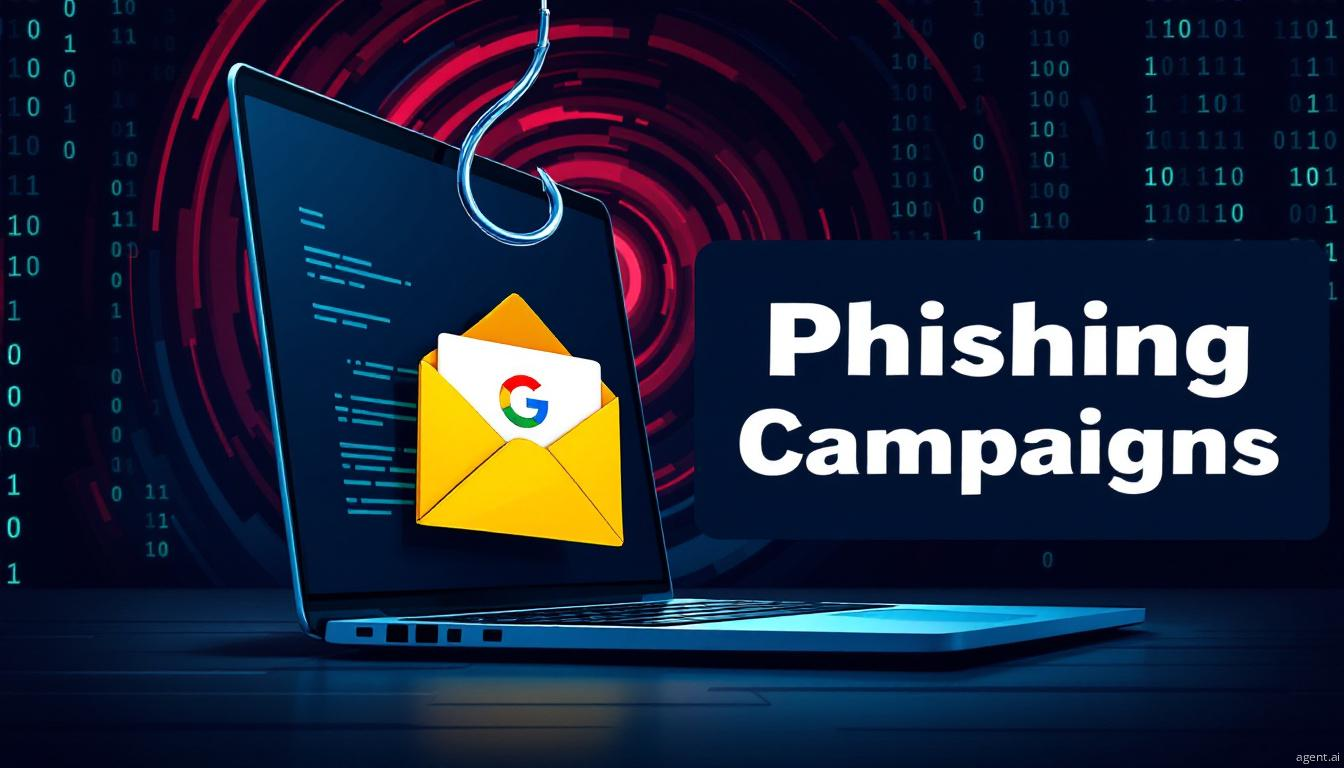Table of Contents
Google Calendar Phishing Scheme Targets Unsuspecting Users Worldwide
Cybercriminals are exploiting Google Calendar notifications widespread popularity to launch sophisticated phishing attacks that trick users into revealing sensitive personal and financial information. According to recent research by Check Point Security, these malicious campaigns have already impacted approximately 300 brands with over 4,000 phishing emails circulated in just four weeks.
The phishing scheme leverages Google Calendar's trusted reputation, with criminals meticulously crafting emails that appear to originate from legitimate sources. By manipulating sender email headers, attackers create convincing invitations that seem to come from known contacts, making recipients more likely to engage with the malicious content.
These phishing emails typically include a calendar file (.ics) with embedded links to Google Forms or Google Drawings. When unsuspecting users click these links, they are redirected to a secondary link disguised as a reCAPTCHA or support button. The ultimate destination is often a fraudulent webpage mimicking cryptocurrency mining or Bitcoin support sites, designed to extract personal and financial information.
The primary objective of these attacks is financial fraud. Cybercriminals aim to trick users into completing fake authentication processes, entering personal details, and ultimately providing payment information. The consequences can be devastating, potentially leading to unauthorized transactions, identity theft, and compromised personal or corporate accounts.
Check Point researchers noted that the attackers' techniques are evolving. Initially targeting Google Forms, they quickly adapted when security systems began detecting these attempts, shifting their focus to Google Drawings. This demonstrates the attackers' sophisticated approach to circumventing cybersecurity measures.
To protect against such phishing threats, experts recommend several key strategies. Organizations should implement advanced email security solutions that can detect and block sophisticated phishing attempts. This includes using tools with attachment scanning, URL reputation checks, and AI-driven anomaly detection.
For individual users, vigilance is crucial. Experts advise carefully examining event invites, especially those containing unexpected steps or unusual requests. Users should hover over links to verify their authenticity and avoid clicking directly on embedded URLs. Enabling two-factor authentication (2FA) on Google accounts and other sensitive platforms provides an additional layer of security.
Google has also recommended enabling the "known senders" setting in Google Calendar, which alerts users to invitations from contacts not in their address book or with whom they haven't previously interacted via email.
The broader implications of these attacks extend beyond immediate financial risks. They highlight the ongoing challenge of social engineering tactics that exploit users' trust in popular digital platforms. As technology evolves, cybercriminals continue to develop increasingly sophisticated methods of manipulation.
Ultimately, awareness and proactive security measures are the best defense against such phishing schemes. By staying informed, maintaining healthy skepticism, and implementing robust security practices, users can significantly reduce their vulnerability to these malicious attacks.
Found this article interesting? Keep visit thesecmaster.com, and our social media page on Facebook, LinkedIn, Twitter, Telegram, Tumblr, Medium, and Instagram and subscribe to receive tips like this.
You may also like these articles: Here are the 5 most contextually relevant blog posts:
Anthony Denis
Anthony Denis a Security News Reporter with a Bachelor's in Business Computer Application. Drawing from a decade of digital media marketing experience and two years of freelance writing, he brings technical expertise to cybersecurity journalism. His background in IT, content creation, and social media management enables him to deliver complex security topics with clarity and insight.
